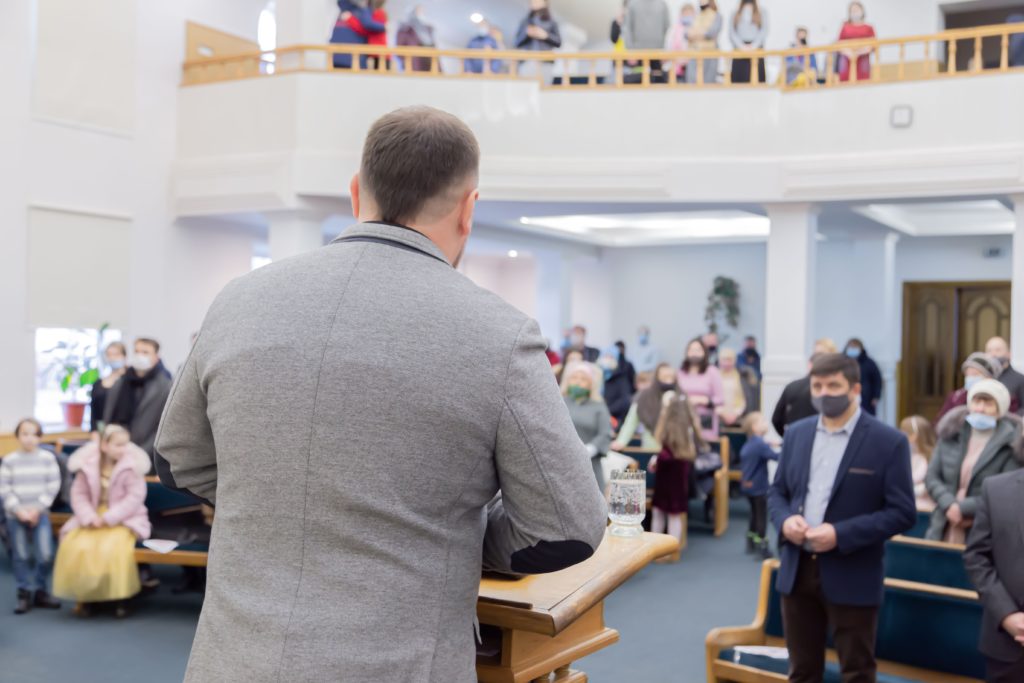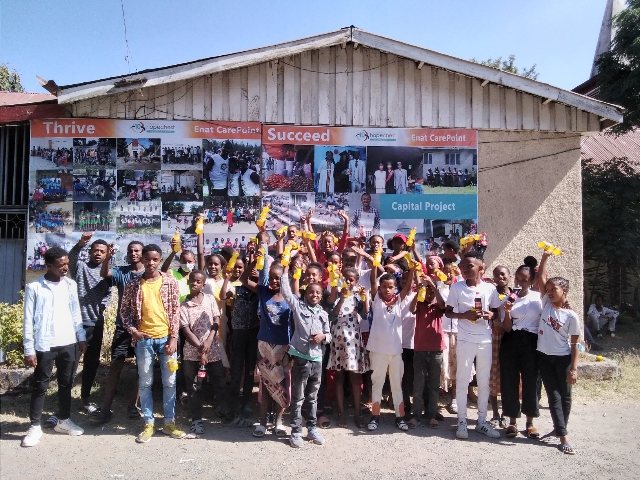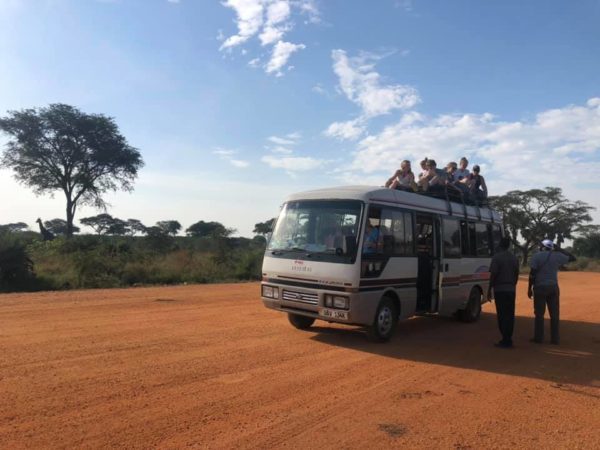Why Mission Trips Should Be Part of Your Church Missions Strategy
Christians are called to the Great Commission, the command to “go into all the world and preach the good news” (Mark 13:14, NIV). God is calling us to international missions. The Great Commission commands that we go into all of the world to preach the good news. The early church modeled sending missionaries to bring the gospel to people who did not yet know who Jesus was. Christians today fulfill the Great Commission by sending missionaries, supporting local missionaries internationally, partnering with mission organizations, and going themselves to take part in serving opportunities. These short term mission trips have enormous faith impacts. They often lead to increased generosity, better global perspectives on poverty and wealth, and deeper faith commitments. If you are looking to engage your church in more international missions work, finding opportunities for short term trips is a great way to engage students, children, and adults in more kingdom work. However, these trips have often had negative consequences in local communities. Church leaders and Christians need to carefully consider if and how to participate in short term mission experiences.

The Problem with Many Mission Trips – Doing More Harm than Good
Although people’s hearts are in the right place to serve, the effectiveness of short term trips are seen increasingly critically. Christians in the US spend around 2 billion USD every year going on short term missions trips. Yet, many mission trip opportunities often offer little more than spiritual tourism. They give participants a sense of individual satisfaction but lack sustainable benefit to the community being served. Worse, many of the projects done by short term teams do active harm to developing communities. Many times, construction projects could have provided jobs to local workers at a much lower cost, allowing families to sustain themselves. In many cases, these trips take jobs from locals struggling to find employment, create dependencies, and harm local economies in the long-term. Additionally, a lack of cultural awareness can cause damage for the relationship between the community members and the local partner, and damage the reputation of the gospel we preach. A visiting family may want to buy a child a bike, but not realize that there are far greater needs for that family to survive, or how a bike might create a dangerous situation for the child in the community.
What Makes a Good Mission Trip
Good for the Community- An effective mission trip should be a genuine win for the community being served. It shouldn’t take jobs away from qualified locals. Short termers should also not enter a community with their own agenda for what they should do. This perpetuates the idea of a wealthy community coming to rescue the other. Lack of economic and cultural understanding could cause active harm. Instead, the mission team should be ready to listen and discover how God is working through the local partner. When visiting teams trust the local partner to identify opportunities for support, both communities can transform through relationships with each other. Good mission trips should have a local partner with extensive cultural and economic understanding. That partner should have a strategy for sustainable, long term community development. These plans allow supporters to lift barriers without creating dependencies. US supporting teams can remove high-cost barriers to entry for community projects, which could include agricultural setups, educational programs, or infrastructure. Ideally, the supporting team or church is invested in the community in the long run. In doing this, they can support individual projects and foster meaningful relationships over time. A good local partner will give a team opportunities for relationship building and support that helps, not hurts. See how HopeChest empowers vulnerable communities.
Good for the Team- A short term mission trip can change someone’s faith forever. Research shows that many trip participants exhibit lower levels of materialism, better understandings about missional living, and greater appreciation for other cultures. Mission trips are often a positive discipleship experience for families in building in children an awareness of poverty and heart of generosity. Cross-cultural exposure can open Christian’s eyes to how He is moving throughout the world. They often foster deeper faith commitments and mission living. However, seeing sustained benefits involve intentionally preparing team members and following up with them after.
Identifying Sustainable, Effective Short-Term Mission Trip Partners
If there are such good and bad outcomes of short term mission trips, how do we find the ones that do good without the harm? It all starts with a great international partnership. With a solid relationship in the field and a humble, listening supporting church, missions trips can be a mutually transformative experience. There are some things to look for in a great international partner or mission trip organization.
1. Find a local partner. A partner that is native to that culture and region will bring cultural understanding and sensitivity.
2. Find a partner that prioritizes sustainable development. Any form of development, international or otherwise, must be able to meet current needs while creating the ability for future generations to meet their own needs.
3. Find a partner invested for the long-term. Find partners that are invested in the community for the long run, forming relationships with individual men, women, and children. Partnering with a local church will allow them to share the gospel appropriately and engage discipleship long after you’re gone.
Partnering with Children’s HopeChest

Children’s HopeChest cares for vulnerable children globally through a unique Community-to-Community model. Both your church and your partner community are transformed through the power of relationship and cross-cultural sharing of passions, gifts, and talents. Your community will experience spiritual growth through shared experiences, opportunities to use their gifts and talents in a short term missions opportunity, and increased cultural empathy as the global Church expands. These trips give you and your group an opportunity to form lasting relationships, see the impact your support has had, and be part of the vision for the development of the community. Community transformation in your partner community is achieved through strategic, locally-led, and asset-based, sustainable solutions to overcoming poverty. Local leaders and Children’s HopeChest outline specific community goals, objectives and vision to see the community move from basic survival, to thriving, to succeeding and becoming self-sustaining.
If you’re interested in experiencing and enabling transformation in your community and the world, learn
more by visiting hopechest.org/churches.





